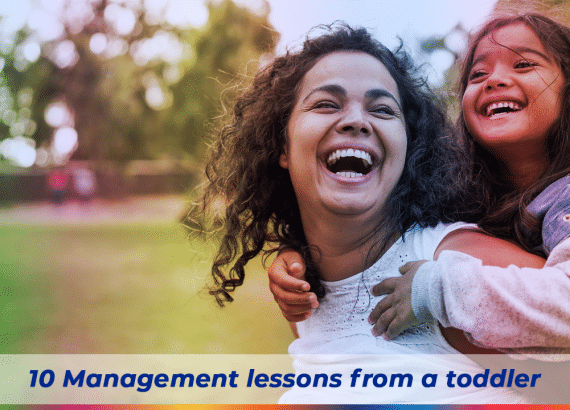I have a dream … BUT What’s next?

Author: Kad Um Bree
So, you want to leave the safety net of your job and venture into something that you “feel” strongly about. That’s a decision that could have serious financial implications. Millions of doubts could haunt your mind. Indeed, it’s a nerve-wracking situation with unknown consequences.
However, with a clear-cut pathway, you can limit your liabilities and turn your hobby into a successful enterprise. Imagine if you wanted to become a photographer, you may want to dig deeper to figure out how to forge a new career? Thorough research will help you get the necessary clarity on the job profile. Following your dream isn’t wrong but doing it without any plan… that’s a “disaster” waiting to happen. Here are some questions that will help you through the decision-making process.
How do you know that this path is “meant” for you?
You start by exploring where your interest lies. It demands patience as you start trying new things. One day as you flip through the photo album, you realize that a particular photograph taken by your uncle mesmerized you. And you ended up exploring the features of your phone camera for hours. The fascination with the art of clicking pictures is as strong as “falling in love” for the first time. When you realize “Photography” holds your interest unlike anything else, it is the beginning of your new obsession. You will be eager to start experimenting with whatever resource is available at your disposal.
How do you know if you have what it takes to become an expert at the chosen path?
You have decided to give photography a shot and you borrowed your uncle’s DSLR camera for a few hours. Then, you start clicking random pictures without any set objective. The pictures impress your uncle. But he draws your attention to a few errors and gives recommendations to fix them the next time. Now, you are curious to learn. So, you start learning the technicalities like- aperture, shutter speed, lighting, and focus. You start enjoying the learning process. Enthusiastically, you volunteer to capture moments during family gatherings. When your relatives appreciate your pictures, realization dawns “I can get better in this with some help”. Congratulations, you turned photography into a serious hobby. Don’t forget to “Set a deadline”. Deadlines are like good friends, hard to meet but add value and seriousness to your craft. Remember, from here on every step is a checkpoint.
What are the things that will help me become better?
Over time as your volunteer activity increase, your family expects you to get creative and work your magic. So, you join workshops on weekends. Your association with like-minded passionate photographers encourages you to start trying every new technique they have mastered over time. You go backpacking to hill stations to capture the sunset or sunrise. Slowly, you realize that nature has the best models with an amazing colour palette on display, and you start diversifying your portfolio. In the meantime, you will take up the necessary classes and get yourself comfortable with all the relevant software needed to help you produce beautiful images. This is a great time to stop and check if you are getting better. Keep an eye on your deadline.
How do you become an established professional?
It is a long journey. Be aware that every contact of yours won’t become your client. The best thing to do is to volunteer your services in small projects. These projects will help you accumulate a varied portfolio. When you have a decent collection, start displaying your work online or share it with colleagues and friends. Networking with like-minded people can direct you toward potential clients. Start submitting your work at every competition and do take them with utmost seriousness. As you highlight your varied portfolio, it’s now time to focus on one area as your specialization. You could find opportunities to assist a famed photographer and shadow them as you grasp the nuance of trade. Pay attention to your work and keep your progress under check. If you are indeed talented, the demand for your services will increase gradually and steadily. Now, you can think about taking photography as your part-time business. You could start offering pre-wedding, and pre-natal shoots as packages on weekends. Once you are comfortable with the nature of projects you land up with, you can think big and rent an office space.
How to accept it is time to give up and move on?
There could be times when you may have put in heart and soul and yet you fail to meet those important milestones. Your progress is negligible despite doing everything possible. When you find yourself in this situation, the best option would be to look at other avenues. It’s disheartening to accept, but sometimes, things do not progress in our favour despite putting in our best efforts. There are no solid answers to questions like “Why not?” or “why?”. It could either mean that you may have to try a different thing or maybe the desire to “become a photographer” wasn’t strong enough. Perhaps, something was fundamentally wrong with your plan. Hence, deadlines are important and should be taken seriously. It gives you clarity as to what your next steps should be in case things do not work out.
If you find yourself in this situation then, all I can say is “dust yourself up” and start all over again from step one. Don’t hold “failing” as a reason to stop exploring.









